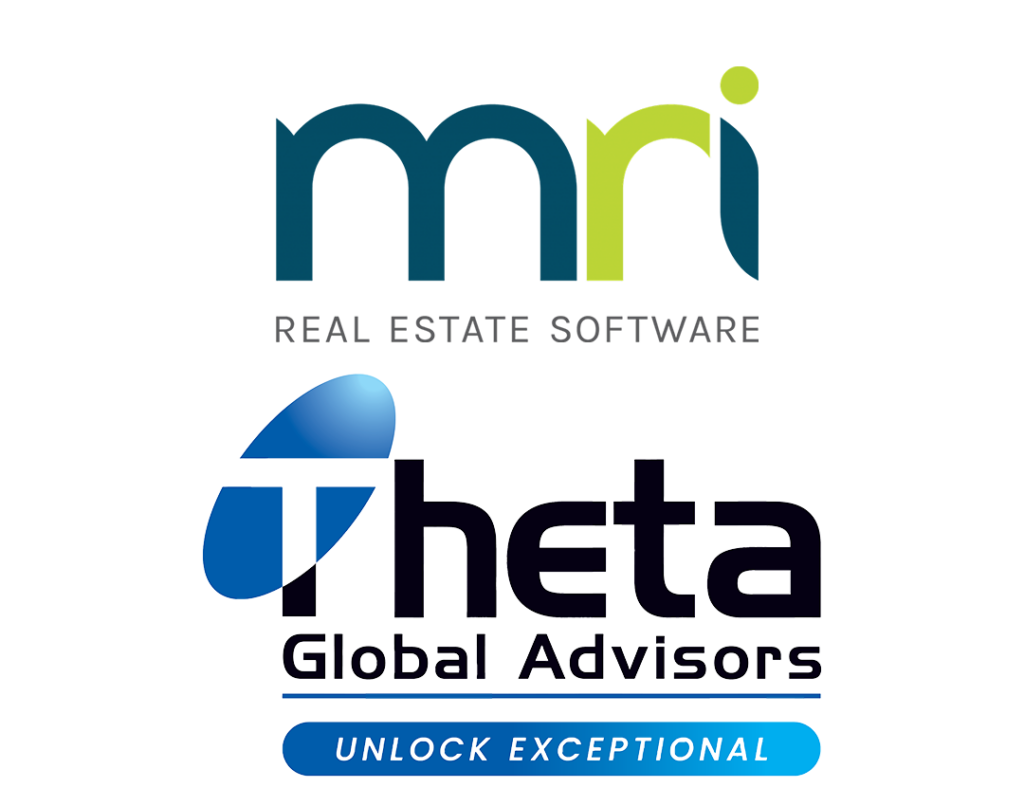What is IFRS 16?
How can software assist with IFRS 16 compliance?
If you work within finance and accounting, you will no doubt by now be familiar with the term IFRS 16. In recent years, the accounting world has undergone a significant change to its lease accounting standards with the introduction of IFRS 16, which has forced organisations to take a closer look at their leasing activities and ensure they are meeting the latest compliance requirements. This blog will delve into the basics of IFRS 16, its impact on an organisation’s finance activities and how a specialist lease accounting solution can provide a quick and stress-free transition to the new standard.
What is IFRS 16 and why is it important?
IFRS 16 is an accounting standard that was issued by the International Accounting Standards Board (IASB) and came into effect in January 2019 for the private sector and more recently in April 2022 for public sector organisations. It was developed due to the growing significance of leasing activities in the global economy and the need for a consistent approach to recognising, measuring and disclosing leases in financial statements. The previous leasing standard, IAS 17, needed to be revised to address the complexities of leasing arrangements, particularly with the increasing use of operating leases. As a result, the IASB undertook a comprehensive review of the accounting treatment of leases and developed IFRS 16 as a solution to provide more transparency and comparability in the reporting of lease transactions.
The introduction of IFRS 16 has marked a major change in how organisations account for leases and has a far-reaching impact on financial statements and the calculation of key metrics such as EBITDA, debt levels and financial covenants. IFRS 16 requires businesses to recognise a lease liability and a right-of-use asset for all leases, except for short-term and low-value leases, in their balance sheets. This represents a significant departure from the previous standard and requires a full reassessment of leasing arrangements to ensure compliance with the new requirement.
Common IFRS 16 pain points
IFRS 16 compliance can present several challenges which include:
- The complexity of lease contracts: Leasing arrangements can be complex and can vary widely from one organisation to another. This can make it difficult to accurately identify and classify leases under IFRS 16 standards.
- Data management: Organisations must gather and maintain accurate data on all their leases to meet IFRS 16 compliance. This can be a time-consuming and resource-intensive process, particularly for those with a large number of leases.
- Systems and processes: Organisations must have systems and processes in place to support the recognition, measurement and disclosure of leases per IFRS 16 requirements. This may require significant changes to existing processes and systems, which can be costly and time-consuming.
- Transition and implementation: Organisations must carefully plan and execute the transition to IFRS 16 which almost always takes longer than anticipated.
Overall, managing IFRS 16 compliance can be a complex and challenging process, requiring significant effort and resources. However, with the right support and planning, organisations can successfully navigate the transition to IFRS 16 and benefit from increased transparency and comparability in their financial statements.
How to stay on top of IFRS 16
One of the key ways to address the challenges of IFRS 16 compliance is by replacing manual spreadsheet-based processes with a specialist software solution. Highlighted below are just some of the main benefits that a dedicated system offers in combatting the pain points of IFRS 16:
- Improved accuracy and efficiency: Software solutions can automate many of the manual processes involved in collecting, managing and analysing lease data. This reduces the risk of errors and increases efficiency, enabling IFRS 16 compliance more easily and accurately.
- Streamlined data management: A specialist solution can centralise lease data and provide a single source of truth for all lease information. This makes it easier to manage lease data, track changes and ensure cross departmental collaboration.
- Reduced time and cost: By automating manual processes and streamlining data management, software solutions can significantly reduce the time and cost involved in meeting IFRS 16 compliance whilst freeing up valuable resource to focus on other important tasks.
- Improved reporting and visibility: The facility to provide real-time reporting and analysis of lease data and financials makes it significantly quicker and easier at month and year-end whilst also enabling management to make more informed decisions.
- Expert support and guidance: Being able to tap into the lease accounting experience, expertise and best practice knowledge base provided by software providers is invaluable when navigating the complexities of IFRS 16 compliance and preparing for the transition.
Want to learn more?
Whether you are yet to transition to IFRS 16 or have done so using spreadsheets but are now more concerned with managing the complexities of compliance beyond transition, MRI Software can help!
With more than 500 successful lease accounting implementations already undertaken across the public and private sectors, MRI’s proven solution offers peace of mind to those organisations now making the transition towards full compliance.
Get in touch with us today to receive a tailored and bespoke consultation.
IFRS 16 Lease Accounting: What the Public Sector can do to Become Audit Ready
With pressure mounting for public sector organisations to now fully transition to meet the new IFRS 16 lease accounting requirements, there is no time to waste in getting prepared. In this 45-minute MRI hosted on-demand webinar alongside industry exp…

